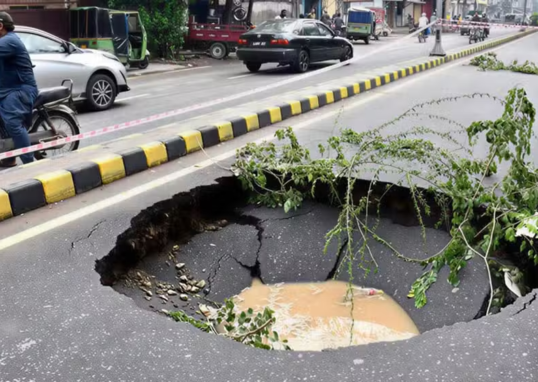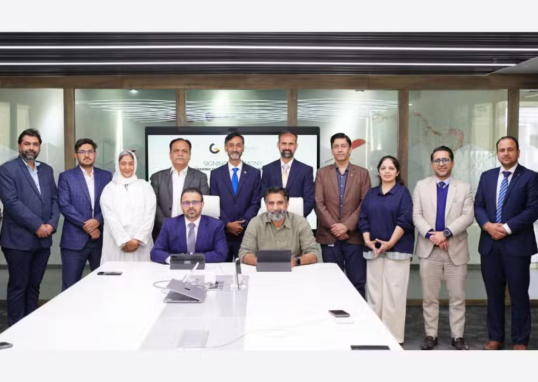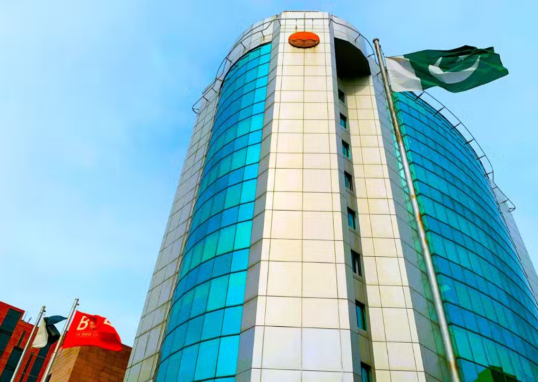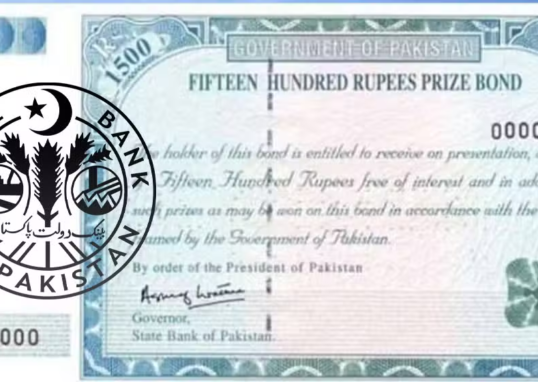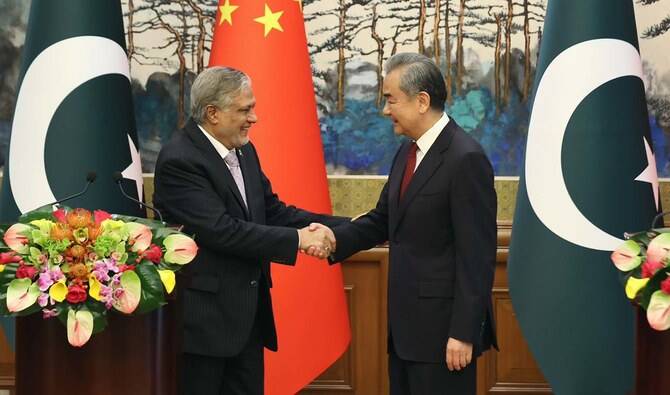

Pakistan-China Relations Enter New Phase of Engagement
Pakistan’s Deputy Prime Minister and Foreign Minister Ishaq Dar has commenced a three-day diplomatic visit to China, marking his first official trip to the country in his current role. The visit, which runs from May 19 to 21, comes on the invitation of Chinese Foreign Minister Wang Yi.
Key Figures Accompanying the Visit
Dar is accompanied by Mohammad Sadiq, Pakistan’s Special Representative for Afghanistan, hinting at the inclusion of cross-border security and regional dialogue in the agenda.
High-Level Bilateral Meetings Planned
Dar will engage in in-depth discussions with senior Chinese leadership, including:
- Foreign Minister Wang Yi
- Premier Li Qiang
The talks aim to reinforce the Pakistan-China All-Weather Strategic Cooperative Partnership, with a focus on expanding economic collaboration, infrastructure investment, and regional stability.
Regional Diplomacy in Focus
The visit takes place shortly after the announcement of a ceasefire between Pakistan and India, adding geopolitical weight to Dar’s diplomatic mission.
Analysts suggest the dialogue may include:
- South Asia’s evolving security dynamics
- Strategic realignment with China post-ceasefire
- Reaffirmation of China’s support on key international platforms
Trilateral Dialogue with Afghanistan on the Horizon
A notable segment of the visit will be a trilateral dialogue featuring Pakistan, China, and Afghanistan, set for May 20 in Beijing. The discussions will cover:
- Counterterrorism efforts
- Trade corridor management
- Political stability in Afghanistan
Amir Khan Muttaqi, acting Foreign Minister of Afghanistan, will join the trilateral meeting, where broader regional cooperation will be explored in light of U.S. withdrawal impacts and Taliban governance challenges.
This visit is part of Pakistan’s strategic outreach as it seeks to reaffirm ties with long-standing allies and navigate a complex regional environment shaped by security concerns, economic transitions, and shifting power dynamics.


